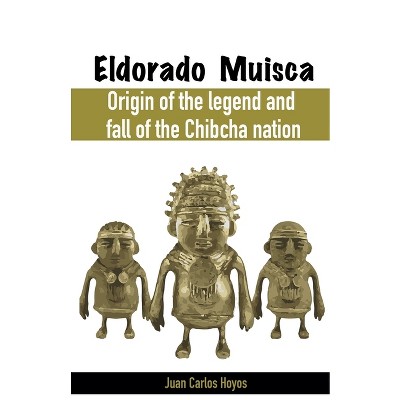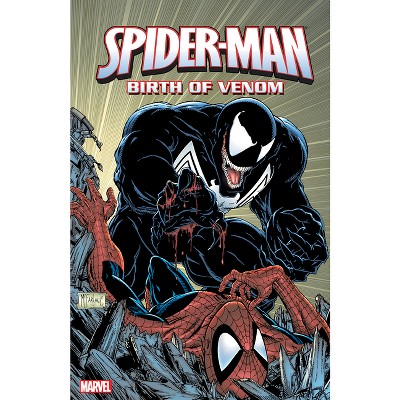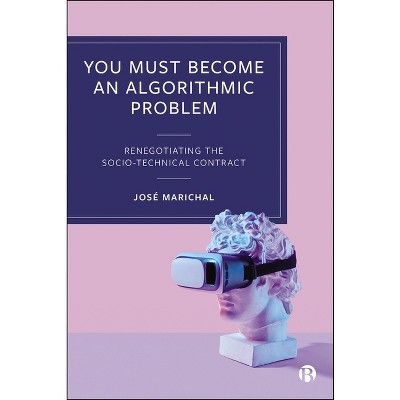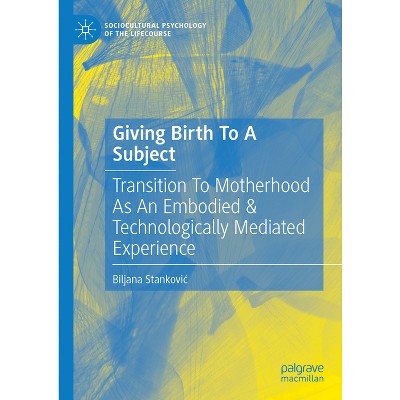Sponsored

Colours, Commodities and the Birth of Globalization - by Carlos Marichal & David Pretel (Hardcover)
In Stock
Sponsored
About this item
Highlights
- This volume explores the global history of natural dyes from the Americas and asks how their production and trade have shaped globalisation since early modern times.
- About the Author: Carlos Marichal is Emeritus Professor of Economic History at El Colegio de México, Mexico.
- 256 Pages
- History, Americas (North, Central, South, West Indies)
Description
Book Synopsis
This volume explores the global history of natural dyes from the Americas and asks how their production and trade have shaped globalisation since early modern times. From their extraction and processing to their overseas trade, it shows how this commodity contributed to the rise of the textile industry and consumption in Europe, the United States and Latin America. In doing so, it sheds new light on the emergence of a global economy.
Spanning several centuries, Colours, Commodities and the Birth of Globalization takes the reader from 1500 through the industrial revolutions of Europe and the United States and culminates in the synthetic age of the late-19th and early-20th centuries. Ranging from the indigo trade in the Atlantic to the secrets of the Indian production of cochineal, the chapters in this collection transcend nationally bounded historical narratives and explore transoceanic dynamics, imperial ambitions and the cross-cultural exchange of knowledge and techniques to better understand the birth of globalization.Review Quotes
"This volume is an important addition to the scholarship on global dyestuffs, recognising the role played by colours and the control of dye materials in global networks. With the inclusion of Spanish and Portuguese sources, the chapters collectively offer a narrative of commodities, labour and colonial exploitation across the centuries." --Pippa Lacey, Independent Scholar, UK
"This book offers a wide range of intriguing and surprising cases and experiences from the early centuries of globalization." --Steven Topik, Professor of History Emeritus, University of California, Irvine, USA "A rich and innovative book, it offers new perspectives in economic history, environmental studies, and the history of technology and knowledge. It highlights the significant role of natural dyes from the Americas in the Atlantic trade since the 16th century up to the height of industrialization, as well as the fundamental contributions of forced labour, including Africans and indigenous peoples." --Lilaine Hilaire-Perez, Professor of Early Modern History, University of Paris, FranceAbout the Author
Carlos Marichal is Emeritus Professor of Economic History at El Colegio de México, Mexico. He has published twenty books including A Century of Debt Crises in Latin America, 1820-1930. In 2012 he received the National Prize of Mexico in Sciences and Arts.
David Pretel is Assistant Professor at Autonomous University of Madrid, Spain. He has been a visiting scholar at Harvard, Cambridge, UCLA, and the Max Planck Institute. He is the author of Institutionalising Patents in Nineteenth-Century Spain, and co-editor of The Caribbean and the Atlantic World Economy, 1650-1914 and Technology and Globalisation: Networks of Experts in World History.










